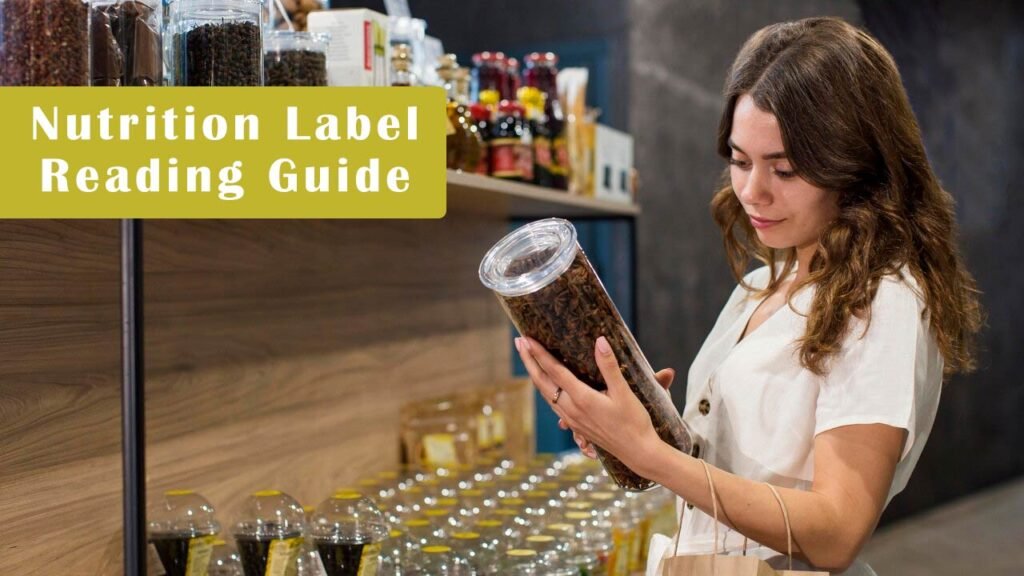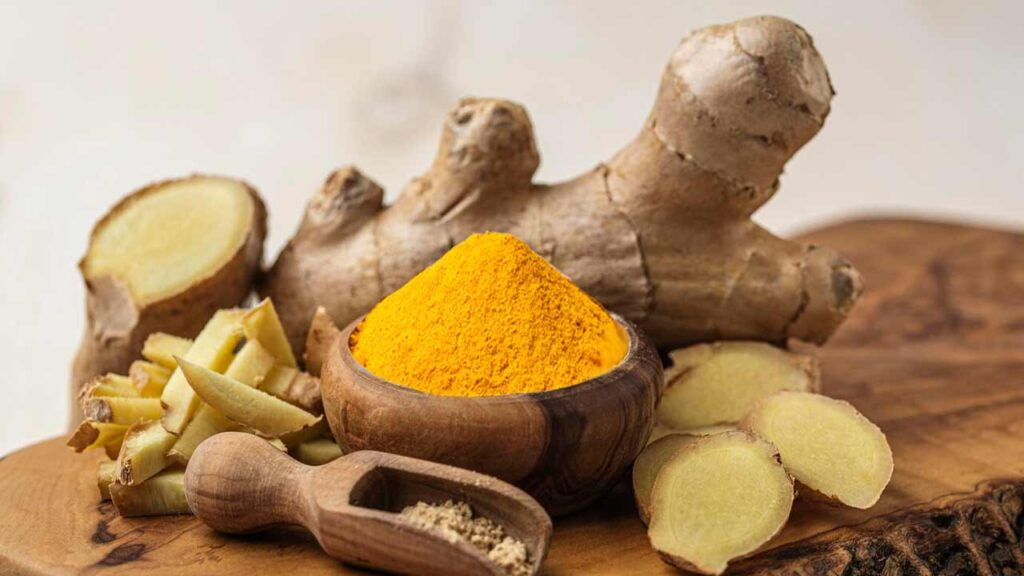Constipation affects millions of people worldwide, causing discomfort, bloating, and digestive distress. While over-the-counter medications can provide temporary relief, many people prefer natural solutions that work with their body’s processes rather than against them.
The good news is that nature provides numerous foods with powerful constipation-relieving properties. These foods work by adding bulk to stool, promoting healthy gut bacteria, and stimulating natural bowel movements. This comprehensive guide explores ten scientifically-backed foods that can help restore regular digestive function and improve overall gut health.
How Food Affects Bowel Movements?
Before diving into specific foods, it’s essential to understand how different nutrients impact digestive health. Fiber plays the most crucial role in preventing and treating constipation. There are two main types of fiber: soluble and insoluble.
Soluble fiber dissolves in water, forming a gel-like substance that helps soften stool and makes it easier to pass. Insoluble fiber doesn’t dissolve in water but adds bulk to stool, helping it move through the digestive tract more efficiently.
Additionally, certain foods contain natural compounds that stimulate bowel movements or promote the growth of beneficial gut bacteria, which support healthy digestion.
Top 10 Foods for Natural Constipation Relief
Prunes
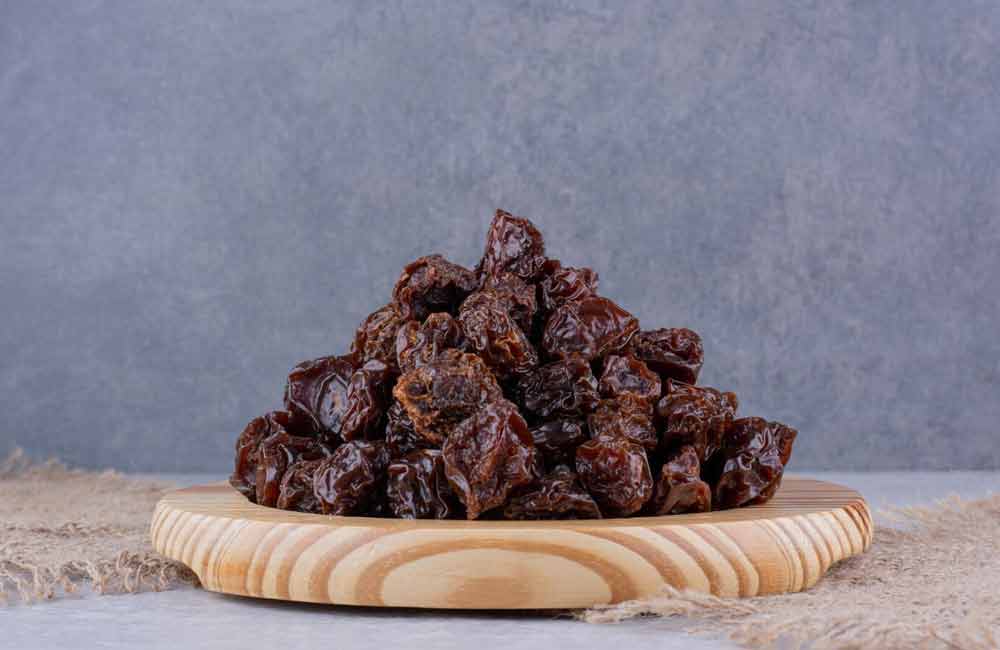
Prunes, also known as dried plums, are perhaps the most well-known natural remedy for constipation. These wrinkled fruits contain high levels of fiber, sorbitol, and phenolic compounds that work together to promote bowel movements.
A single serving of prunes (about 6-8 pieces) provides approximately 6 grams of fiber. The sorbitol in prunes acts as a natural laxative by drawing water into the intestines, softening stool and making it easier to pass. Studies show that eating prunes regularly can increase stool frequency and improve consistency.
For best results, start with a small serving of 3-4 prunes daily and gradually increase if needed. Drinking plenty of water alongside prunes enhances their effectiveness.
Apples

Apples are an excellent source of both soluble and insoluble fiber, particularly when eaten with the skin. A medium apple contains about 4 grams of fiber, with much of it in the form of pectin, a type of soluble fiber that helps regulate bowel movements.
The pectin in apples feeds beneficial gut bacteria, promoting a healthy microbiome that supports regular digestion. Apples also contain natural sugars that can have a mild laxative effect when consumed in adequate amounts.
Choose organic apples when possible, and always eat them with the skin to maximize fiber intake. Fresh apples are preferable to apple juice, which lacks fiber and can sometimes worsen constipation due to its high sugar content.
Kiwi Fruit
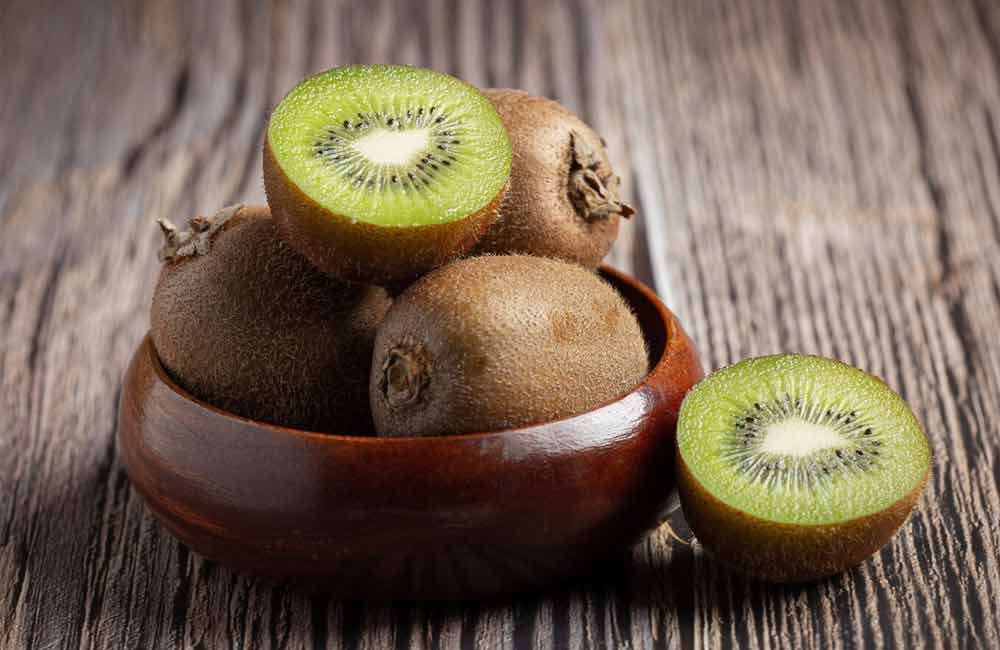
Kiwi fruit packs an impressive nutritional punch for constipation relief. These small, fuzzy fruits contain high levels of fiber, vitamin C, and an enzyme called actinidin that aids digestion.
Research has shown that eating two kiwis daily can significantly improve bowel movement frequency and reduce straining during elimination. The combination of fiber and actinidin helps break down proteins and stimulates gut motility.
Kiwis can be eaten with or without the skin, though the skin provides additional fiber. Their naturally sweet and tangy flavor makes them an enjoyable addition to breakfast or as a healthy snack.
Berries

Berries, including strawberries, raspberries, blackberries, and blueberries, are excellent sources of dietary fiber and antioxidants. Raspberries lead the pack with about 8 grams of fiber per cup, followed closely by blackberries.
The high fiber content in berries helps add bulk to stool while promoting healthy gut bacteria growth. The antioxidants in berries also support overall digestive health by reducing inflammation in the gut.
Fresh or frozen berries work equally well for constipation relief. Add them to yogurt, oatmeal, or smoothies for a delicious and therapeutic meal.
Leafy Greens
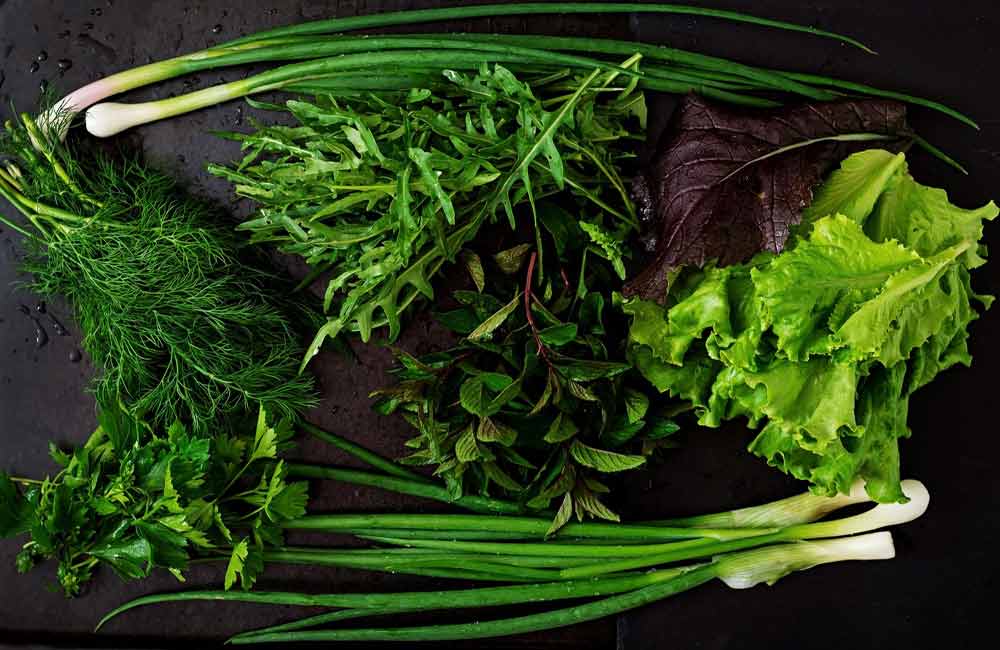
Dark leafy greens like spinach, kale, and Swiss chard provide both fiber and magnesium, two nutrients essential for healthy bowel function. Magnesium helps relax intestinal muscles and draws water into the intestines, softening stool.
These vegetables also contain folate and other B vitamins that support digestive health. The high water content in leafy greens adds moisture to the digestive system, further helping prevent constipation.
Incorporate leafy greens into salads, smoothies, soups, or sauté them as a side dish. Aim for at least one serving of leafy greens daily for optimal digestive benefits.
Beans and Legumes
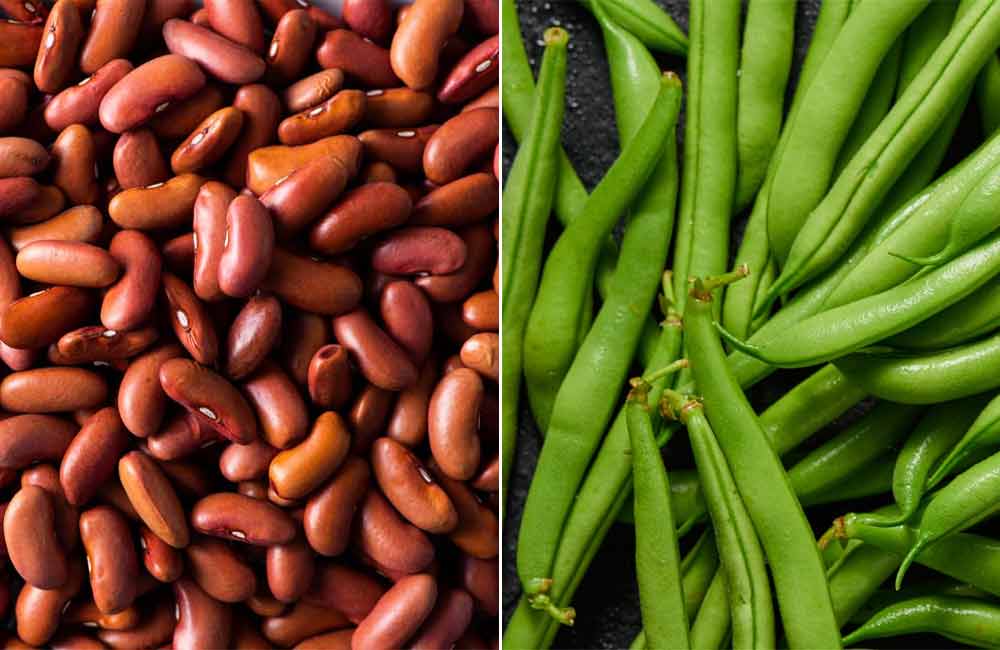
Beans, lentils, and other legumes are among the highest fiber foods available. A cup of cooked black beans contains about 15 grams of fiber, while lentils provide approximately 13 grams per cup.
The combination of soluble and insoluble fiber in legumes makes them particularly effective for constipation relief. They also contain resistant starch, which feeds beneficial gut bacteria and promotes healthy digestion.
Start with smaller portions of beans and legumes if you’re not used to eating them regularly, as they can cause gas and bloating initially. Gradually increase your intake as your digestive system adapts.
Whole Grains

Whole grains like oats, quinoa, brown rice, and whole wheat bread provide sustained energy and significant amounts of fiber. Oats are particularly beneficial due to their beta-glucan content, a type of soluble fiber that helps regulate bowel movements.
Unlike refined grains, whole grains retain their bran and germ, which contain most of the fiber and nutrients. This makes them much more effective for preventing and treating constipation.
Replace refined grains with whole grain alternatives in your diet. Choose oatmeal for breakfast, brown rice instead of white rice, and whole grain bread over white bread.
Avocados
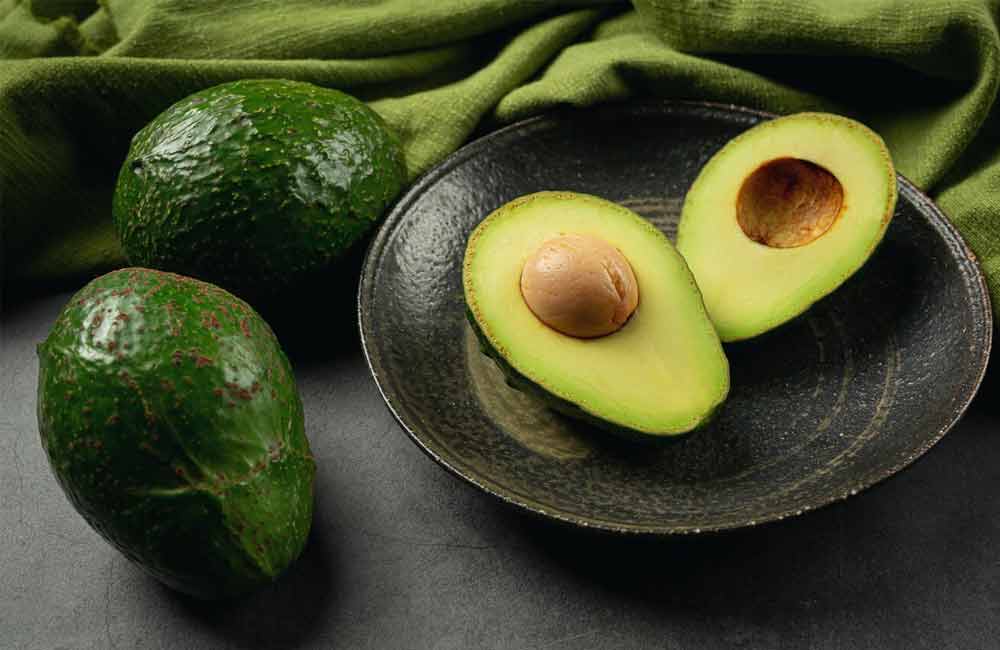
Avocados provide a unique combination of healthy monounsaturated fats and fiber. One medium avocado contains about 10 grams of fiber, making it an excellent food for promoting regular bowel movements.
The healthy fats in avocados help lubricate the intestines, making it easier for stool to pass through the digestive tract. Avocados also contain potassium, which helps regulate fluid balance in the body.
Add avocados to salads, smoothies, or enjoy them as guacamole. Their creamy texture and mild flavor make them versatile additions to many meals.
Sweet Potatoes

Sweet potatoes are rich in fiber, particularly when eaten with the skin. They also contain beta-carotene, which the body converts to vitamin A, supporting overall digestive health.
The natural sugars in sweet potatoes can have a mild laxative effect, while the fiber helps add bulk to stool. Sweet potatoes also provide potassium and other minerals that support proper muscle function in the digestive tract.
Bake, roast, or steam sweet potatoes for maximum nutritional benefit. Avoid adding excessive butter or sugar, which can counteract their digestive benefits.
Flaxseeds
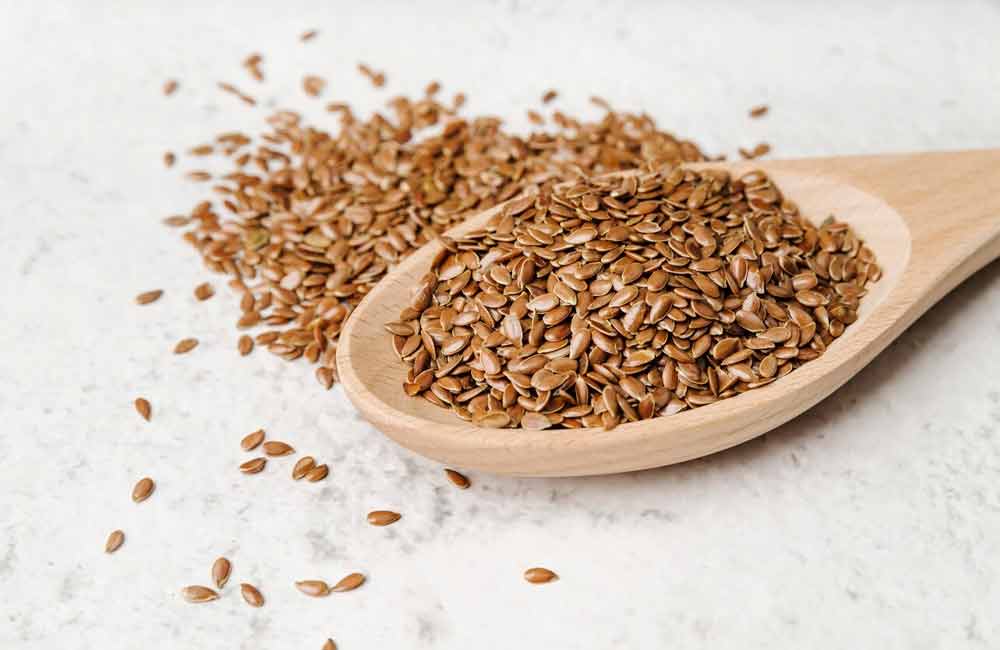
Flaxseeds are tiny nutritional powerhouses packed with omega-3 fatty acids, fiber, and lignans. Ground flaxseeds are particularly effective for constipation relief because they form a gel-like substance when mixed with water.
The soluble fiber in flaxseeds helps soften stool, while the omega-3 fatty acids support overall digestive health by reducing inflammation. Flaxseeds also contain mucilage, a substance that helps lubricate the intestines.
Always use ground flaxseeds rather than whole seeds, as whole seeds may pass through the digestive system undigested. Add ground flaxseeds to smoothies, yogurt, or oatmeal for easy consumption.
Creating a Constipation-Fighting Meal Plan
Incorporating these foods into your daily routine doesn’t have to be complicated. Start your day with oatmeal topped with berries and ground flaxseeds. For lunch, enjoy a salad with leafy greens, avocado, and a serving of beans. Snack on an apple or kiwi fruit, and include sweet potatoes as a side dish with dinner.
Remember that consistency is key when using food to treat constipation. It may take several days to a week to notice significant improvements in bowel movement frequency and consistency.
Additional Lifestyle Factors for Digestive Health
While diet plays a crucial role in preventing constipation, other lifestyle factors are equally important. Staying adequately hydrated is essential, as dehydration can worsen constipation. Aim for at least 8 glasses of water daily, and increase your intake when consuming high-fiber foods.
Regular physical activity helps stimulate bowel movements by promoting gut motility. Even light exercise like walking can be beneficial for digestive health. Establishing a regular bathroom routine and allowing adequate time for bowel movements can also help prevent constipation.
Stress management is another important factor, as chronic stress can negatively impact digestive function. Consider incorporating stress-reduction techniques like meditation, yoga, or deep breathing exercises into your daily routine.
When to Seek Medical Attention?
While dietary changes can effectively treat most cases of occasional constipation, persistent or severe constipation may require medical evaluation. Consult a healthcare provider if constipation persists for more than three weeks, if you experience severe abdominal pain, or if you notice blood in your stool.
Certain medications, medical conditions, and hormonal changes can contribute to chronic constipation. A healthcare provider can help identify underlying causes and develop an appropriate treatment plan.
Embracing Natural Solutions for Long-Term Digestive Health
Nature provides powerful tools for maintaining healthy digestion and preventing constipation. By incorporating these ten proven foods into your regular diet, you can support your body’s natural elimination processes and improve overall gut health.
Remember that sustainable changes take time, so be patient with yourself as you adjust your eating habits. Start by adding one or two of these foods to your diet each week, gradually building a diverse and fiber-rich meal plan that supports long-term digestive wellness.
The key to success lies in consistency and patience. Give your digestive system time to adjust to increased fiber intake, stay well-hydrated, and maintain an active lifestyle. With these natural approaches, you can achieve regular, comfortable bowel movements and enjoy improved digestive health for years to come.
FAQs
What is the fastest-acting natural food for constipation relief?
Prunes (dried plums) are one of the fastest-acting natural remedies due to their high fiber and sorbitol content, which softens stool and stimulates bowel movements. Eating 3-4 prunes with water can provide relief within a few hours.
How much fiber should I eat daily to prevent constipation?
The recommended daily fiber intake is 25-30 grams for adults. Gradually increase fiber intake to avoid bloating, and drink plenty of water to help fiber work effectively.
Can drinking water help with constipation?
Yes! Dehydration worsens constipation. Aim for 8-10 glasses of water daily, especially when eating high-fiber foods, to help soften stool and promote regular bowel movements.
Are bananas good or bad for constipation?
It depends. Ripe bananas (with brown spots) contain fiber and can help, while unripe bananas (green) contain starch that may worsen constipation.
How long does it take for dietary changes to relieve constipation?
It may take 3-7 days of consistent fiber intake, hydration, and healthy eating to see improvements. Be patient and maintain a balanced diet.
Can too much fiber cause constipation?
Yes, if you don’t drink enough water. Fiber absorbs water, so without proper hydration, excess fiber can harden stool. Increase fiber gradually and drink more fluids.
Are there foods that worsen constipation?
Yes! Processed foods, dairy (for some people), red meat, fried foods, and refined grains (white bread, pasta) can slow digestion and worsen constipation.
Should I exercise if I’m constipated?
Yes! Physical activity (even walking) stimulates digestion and helps move stool through the intestines. Aim for 30 minutes of movement daily.
Can probiotics help with constipation?
Yes! Probiotic-rich foods (yogurt, kefir, sauerkraut) support gut bacteria, improving digestion. Some studies show specific strains like Bifidobacterium can relieve constipation.



